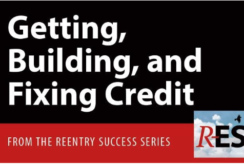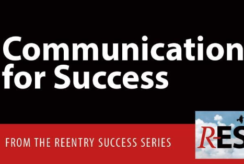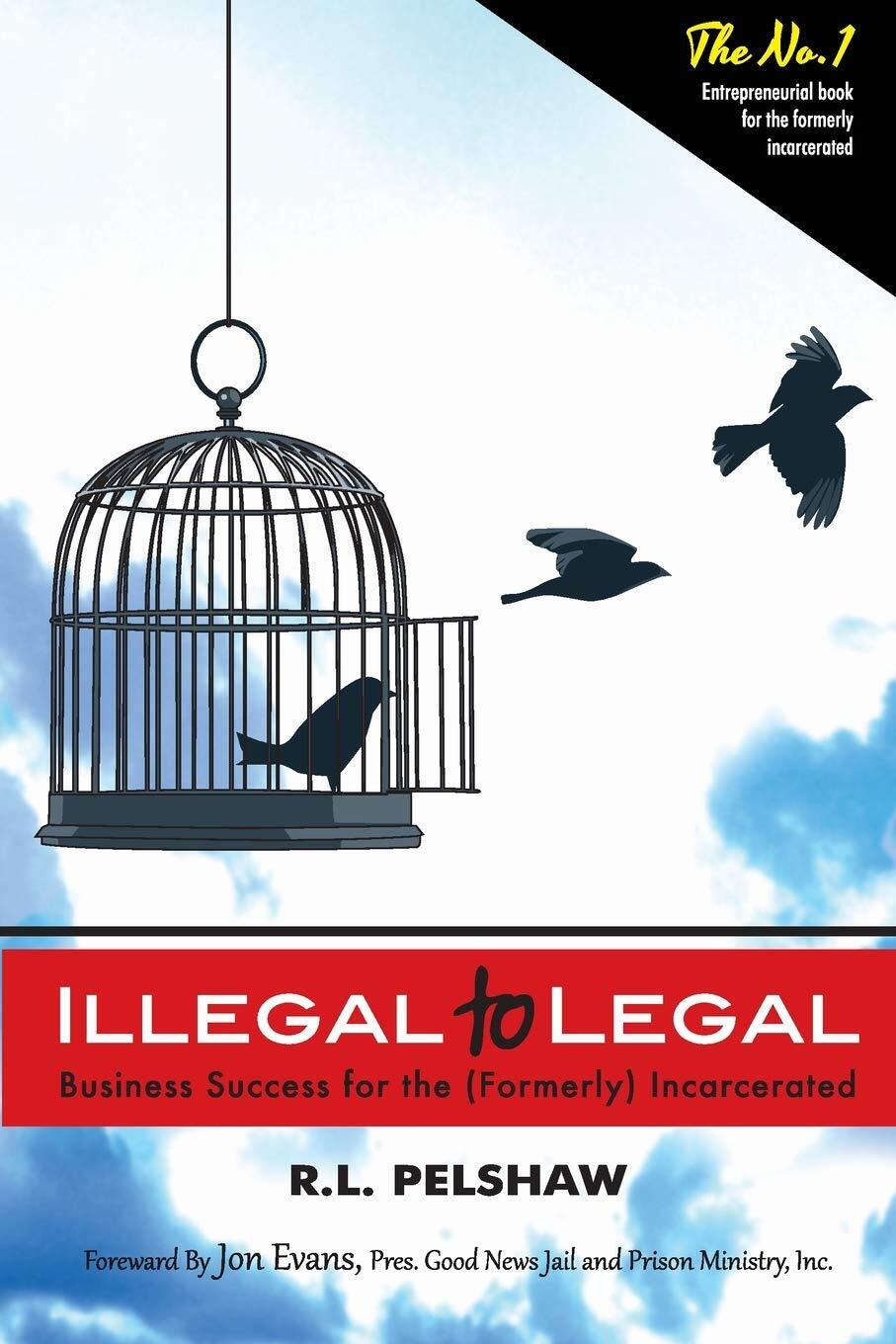I received a letter and Executive Summary of a business plan from Alan M. of the Idaho State Correctional Facility. Thank you, Alan. Below are my thoughts and comments, which are useful for starting a business you start, particularly if you’re like most of us and short on funds.
Until I married a graphic designer, I didn’t realize how much our lives are impacted by graphic design, and branding, which I define as super-focused graphics or design meant to define a product or thing. Every product, every event, every business card, and nearly everything we use every day can use or benefit from what a graphic designer does. With real estate, everyone must live or work somewhere or someplace. Graphic design is to business what real estate is to where we sleep. Every product, every company, every event should have a public image that helps build and grow their brand. Of course, like any business, if you don’t have the passion for graphic design, or skills that customers will pay for, then you likely won’t succeed.
I like business opportunities that address needs. My Mission Statement is “I make money solving problems.” (With this caveat: if you don’t have a problem, let me know and I can give you one! Hehe). Even if you don’t like selling, or raising money, it’s easy to pitch something that solves a problem or meets a need. It almost sells itself. The issue here isn’t the need for graphic design, the big question is how do you start a business and connect with that need?
Rule #1 of Pelshaw’s Principles of Profitable Business is everything must pay for itself. The problem is most people don’t have the money to even start, so how can they get a business to pay for itself? Graphic design is a great example of a high-paying business you don’t need a lot of money to start. Who doesn’t want to make $50-$100/hour or more, and still keep your clothes on? (Although if you work at home you can wear as much or as little clothing as you want!)
Alan thought he needed to raise around $40,000 to start his business, which is great if you can get the money, but sucks if you can’t. In Alan’s case I encouraged him to find a local university, school, business, or non-profit where he could arrange to use or rent their equipment or pay to use it on a job-by-job basis. That way you can start to generate revenue and buy or lease your own equipment when you can afford it. That’s Rule #1 working for you!
You might want to consider getting a job for a company that does what you want to do, so that you can get a good foundation, some additional skills and experience, and maybe even have some clients built up for when you are ready for starting a business. Start the new business as your “side hustle” until you build up enough activity to afford to devote your full-time efforts to it. Back to Rule #1.
What always amazed me about prison was the guys who could make something from nothing, like making ice cream without a freezer or cream, or fixing shoes with dental floss. Starting a business, or a new life, isn’t different from that. Take your innovation, survival skills, whatever you do or don’t have. Apply it to your goals and see where that takes you. I can’t wait to see how you turn out! I believe you’ll surprise yourself by how far you can go and what you can accomplish once you take steps to make a reality out of your dreams and starting a business.






